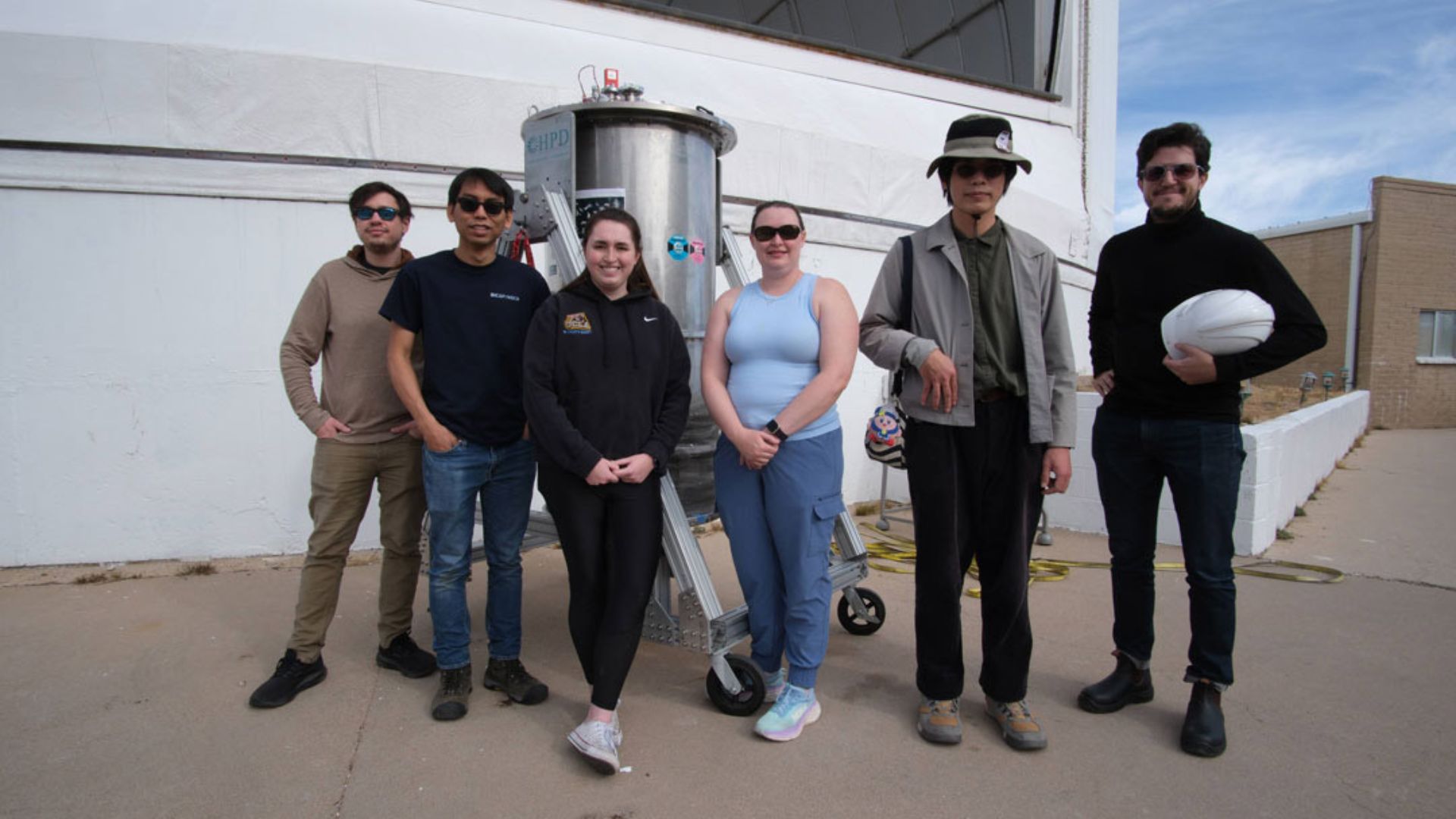Local News
Ph.D. student gains hands-on experience in astronomical research

Rochester, New York – For as long as she can remember, Audrey Dunn has been captivated by the mysteries of the universe. Now a Ph.D. student in astrophysical sciences and technology, she is turning that childhood fascination into a promising career. Recently, Dunn spent over three months at Kitt Peak National Observatory in Arizona, working alongside a team of astronomers studying the early universe.
Dunn is an integral part of the Tomographic Ionized Carbon Mapping Experiment (TIME), a groundbreaking project dedicated to understanding the universe’s formative years. The experiment focuses on mapping ionized carbon emissions from distant galaxies as a stand-in for hydrogen, which cannot be directly observed. “We are very curious about what the universe looked like at a specific time period,” explained Dunn. “We can’t observe hydrogen directly so we use carbon as a proxy measurement for it.”
Read also: Renowned sculptor Albert Paley donates personal archive to RIT
During her time at Kitt Peak, Dunn and her colleagues concentrated on fine-tuning the telescope’s detectors, known as TES bolometers. These highly sensitive instruments function best at extremely cold temperatures, which is essential for collecting infrared light and extracting valuable data. The hands-on experience of working with scientists from across the country proved to be an eye-opening and inspiring opportunity for Dunn.
“It was really fun,” she said. “I’m still young in my career, and even though I may not have expert knowledge, I brought a fresh set of eyes to this experiment. It was cool to interact with people and see what my future could look like.”
Now back at Rochester Institute of Technology, Dunn is diving into the next phase of her research: analyzing the vast amounts of data collected during the experiment. One of her primary tasks is filtering out atmospheric interference to ensure that astronomers receive a clear and accurate reading of cosmic emissions. Her work will serve as the foundation of her Ph.D. thesis, which she is developing under the guidance of Michael Zemcov, a professor in the School of Physics and Astronomy.
Read also: Monroe County Library System expands digital access with free Udemy courses
From her hometown of Las Vegas to the cutting-edge research facilities in Arizona and New York, Dunn’s academic journey has been driven by an unrelenting curiosity. “I love working in a lab, and I love working hands on, getting nitty gritty with data,” she said. “I’ve been really lucky to find a place here at RIT that lets me explore that and push down the path of all these interests that I have and do all these wonderful, wonderful things.”
As she continues her research, Dunn is gaining invaluable experience that will shape her future in astrophysics. Her time at Kitt Peak offered a glimpse of what lies ahead—a career filled with discovery, collaboration, and the pursuit of understanding the vast and mysterious universe.

-

 Local News12 months ago
Local News12 months agoNew ALDI store close to Rochester to begin construction in late 2025 or early 2026
-

 Local News12 months ago
Local News12 months agoRochester Lilac Festival announces exciting 127th edition headliners
-

 Local News10 months ago
Local News10 months agoCounty Executive Adam Bello and members of the county legislature celebrate exceptional young leaders and advocates at the 2025 Monroe County Youth Awards
-

 Local News10 months ago
Local News10 months agoThe 2025 Public Market Food Truck Rodeo series will begin this Wednesday with live music by the Royal Bromleys